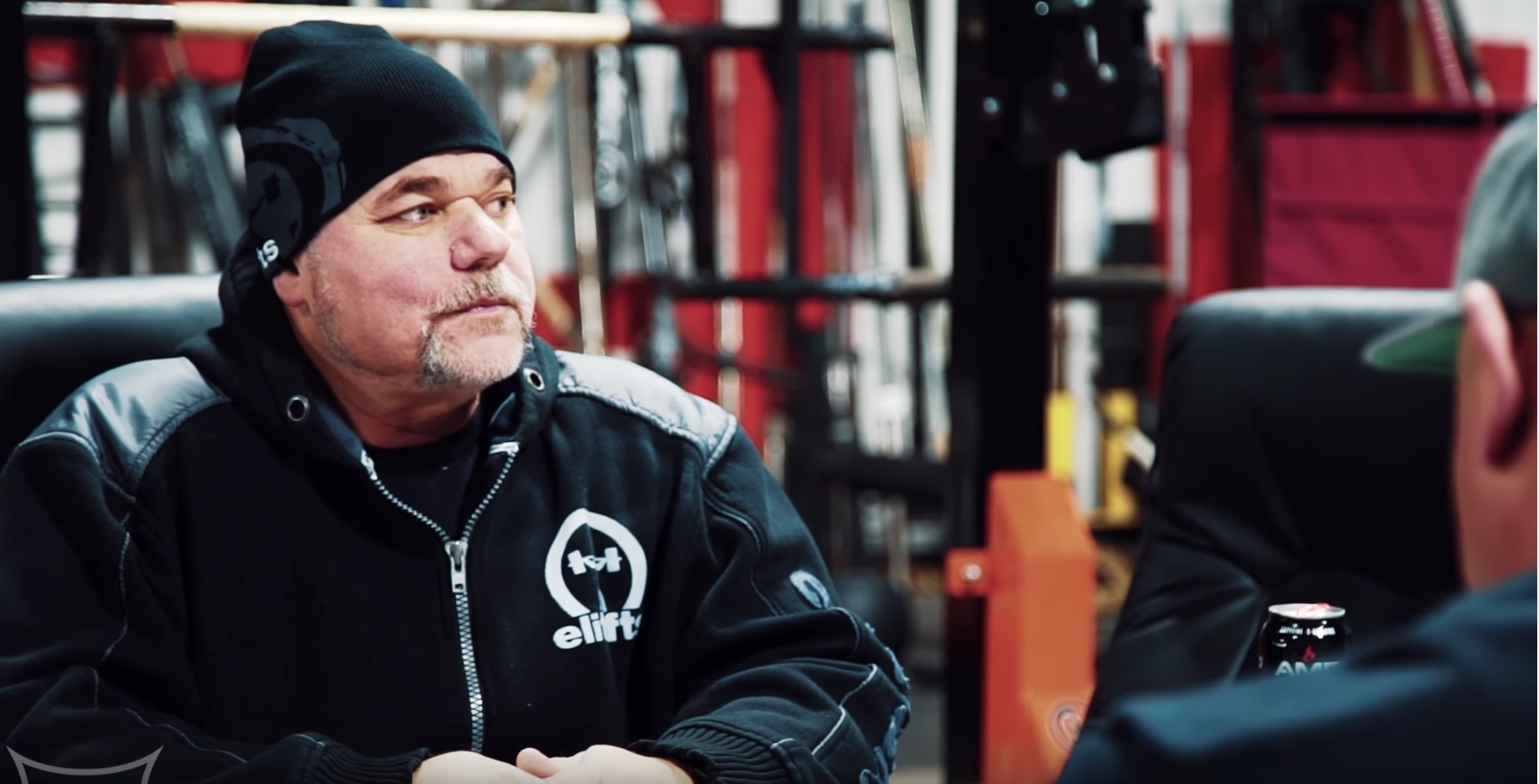
In this Table Talk Sam and I discuss the new elitefts Smelling Salts, the Arnold Classic, Exercise Selection, and how your Personal Core Values play a role in stress management.
I have this clip beginning at the Core Values.
To get into Personal Core Values more, READ this article here I describe what Live, Learn and Pass on means.
Some Take-Aways:
LIVE:
You can’t change the past, but you can learn from it; you can’t predict the future, but you can prepare for it. What you can do is pay attention to what’s going on right now…You have to be able to learn how to auto-regulate your training.
During any training process, there are a thousand different “micro-decisions” that have to be made. Oftentimes, this means that the choices you make may differ from what you thought you were going to do that day. As Tate discusses, sometimes the right decisions involve deviating from the plan. In examining the training programs of powerlifters that have been competing for over 20 years, it is clear that their workouts, approaches, and exercises must be altered at times based on how their bodies are feeling. They are constantly auto-regulating, tweaking, and pivoting as they listen to what their bodies need at a particular time.
Learn:
The second component of this philosophy is very much so connected to the first. Naturally, the ability to productively auto-regulate a training program requires a certain level of education. As Tate explains, learning how to employ proper form and technique, understanding different training methodologies, and knowing who to go to for guidance are critical factors for success. The more you can learn about the sport and about your body, the better you’ll be able to navigate all of the micro-decisions involved with auto-regulating your training program
Blindly following the direction of a coach or training partner is ill-advised. Tate states that there are very few people with the genetic ability required to be successful in the sport of powerlifting without proper education. Although he admits that he’s seen this kind of “complete idiot” perform well a time or two, he also says that these kinds of athletes typically don’t last very long – especially in powerlifting.
Pass on:
Tate attributes a large part of his success to the support and guidance of others. Having entered into the sport when there was really no such thing as a strength coach, Tate explains that all of the help that he received was simply a form of passing on knowledge. There was no transaction tied to anything; the people that helped him improve did what they did free of charge.
They weren’t strength coaches, because they didn’t have a name – they didn’t have a title. They were the people in the gyms that were walking up to someone doing pull-downs and sticking a knee in their back and saying, ‘Dude, keep your chest upright.
In other words, they were the original planters of the seeds that would grow into, what is today, a flourishing industry. Tate identifies very strongly with this sense of duty to pass on his knowledge and learnings to others. Not doing so, he states, would simply be a disservice to the industry. In fact, it’s an industry that is currently at-risk due to the behavior of some people that avoid “passing on” unless they receive something in return.
Planting Crops - GROW
To illustrate his point, Tate paints a picture of a farmer in a field, planting seeds, watering the grass, and waiting for plants to grow. After a while, the farmer leans up against a tree in the forest, frustrated with the lack of results. He vows to stop farming unless he receives payment for it because he believes that his time is worth far more than this. What the farmer doesn’t realize, however, is that the tree that he’s leaning up against was planted years ago by a farmer who sowed his seeds without payment. The angry farmer, of course, represents those professionals in the powerlifting industry today who are not in the mindset to “Pass On”.
Tate argues that this approach is the equivalent of laying concrete in that very field, still somehow expecting to see a fruitful harvest. If we’re not willing to “Pass On”, then we’re jeopardizing the future of the profession and limiting opportunities for the next generation of powerlifters and athletes, as well as compromising your own personal core values.








